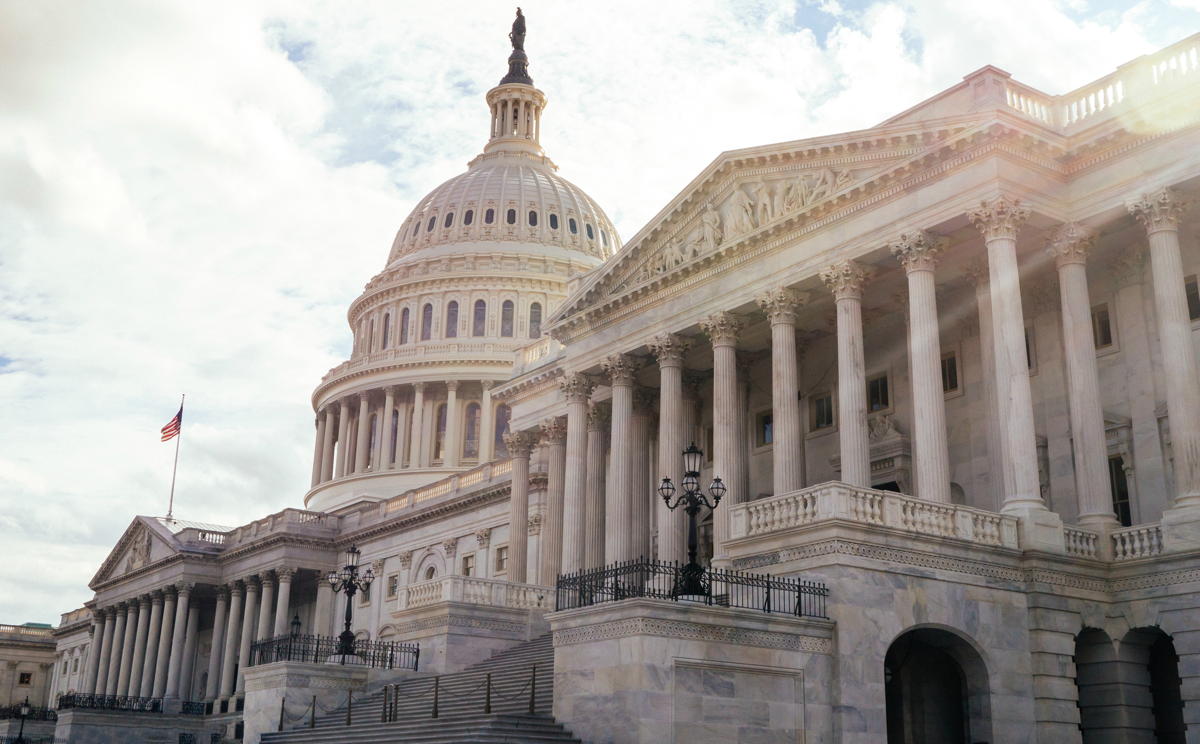

Image credit: US government
US-led trade restrictions on China are creating an incentive for Chinese tech firms to innovate and potentially close the gap with Western rivals, a US government advisory panel has heard.
The US-China Economic and Security Review Commission (USCC) heard that Chinese AI start-up DeepSeek relied on US technology such as AI accelerator chips, but that companies could increasingly find ways around using imported tech.
The advanced AI models of DeepSeek and other Chinese AI firms were developed “largely relying on US-made semiconductors, including chips that companies stockpiled before the controls took effect”, said Hanna Dohmen of Georgetown University’s Centre for Security and Emerging Technology, in comments reported by the South China Morning Post.
As those stockpiles deplete, measures against China could become more effective, she argued at the “Made in China 2025: Who Is Winning?” hearing.
The hearing’s title refers to a 2015 plan unveiled by the Chinese government to attain dominance in fields including AI, robotics, aerospace, new materials and electric vehicles.
Dohmen said trade restrictions are also “creating an incentive to innovate around controls”.
She noted semiconductor strategies such as chiplet packaging and focusing on compute and algorithmic efficiencies, both intended to compensate for lack of access to cutting-edge technologies.
DeepSeek’s models rattled investors for their claimed performance at levels similar to rivals, while requiring a fraction of the development costs.
David Lin of the Special Competitive Studies Project, a think tank founded by former Google chief executive Eric Schmidt, said that while China hasn’t been the first to introduce breakthroughs such as ChatGPT or the iPhone, it has been able to “iterate” on these things to make them “better, faster, cheaper”.
Analysts at the hearing urged the US to compete by improving tech ties with allied countries and easing visa rules for Chinese scientific talent.
Liza Tobin, managing director at China-focused think tank Garnaut Global, said recent developments have “obliterated” the myth that China can only borrow and steal technology, and can’t itself innovate.
She warned the US risks “losing the next industrial revolution”, which she said would be focused on the convergence of AI and physical industry.
American space agency prepares for testing of Boeing's Starliner, to ensure it has two space…
As UK and Europe develop closer military ties, European Commission says it will invest €1.3…
Zuckerberg seeks to revive Facebook's original spirit, as Meta launches Facebook Friends tab, so users…
Notable development for Meta, after appeal against 2021 WhatsApp privacy fine is backed by advisor…
First sign of shake-up under new CEO Lip-Bu Tan? Three Intel board members confirm they…
Trump's nominee for SEC Chairman, Paul Atkins, has pledged a “rational, coherent, and principled approach”…